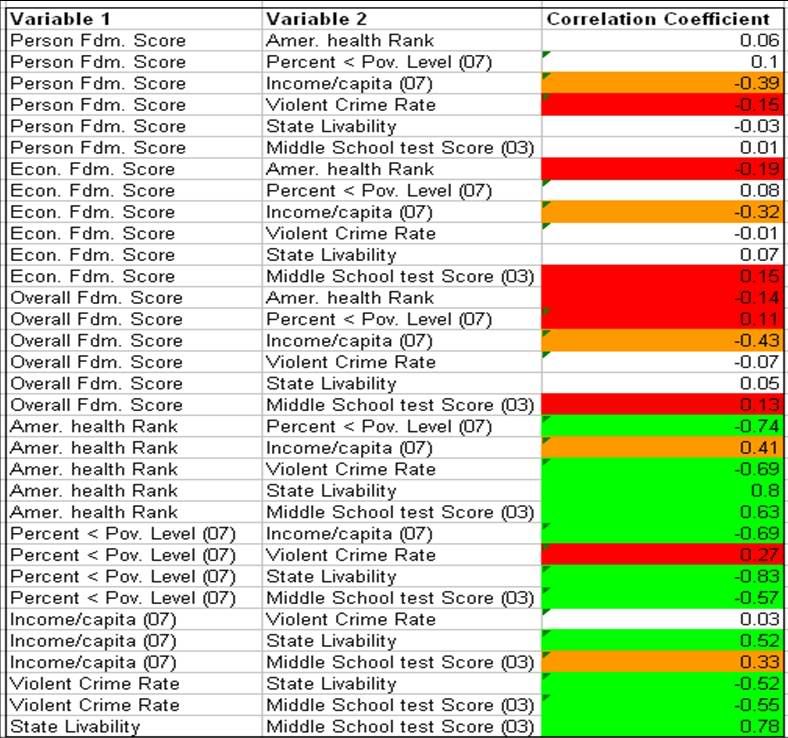I've become mildly intrigued by Sotomayor's claim that "I would hope that a wise Latina woman with the richness of her experiences would more often than not reach a better conclusion than a white male who hasn't lived that life." I haven't been able to find the broader context (update, see this link) for that speech, but it suggests to me that she's invoking standpoint theory . As such, I resent Obama's attempt to brush this off with a "I'm sure she would have restated it
. As such, I resent Obama's attempt to brush this off with a "I'm sure she would have restated it " as if it were nothing more than a flippant remark rather than recognizing it as the rather important epistemological claim it may very well be.
" as if it were nothing more than a flippant remark rather than recognizing it as the rather important epistemological claim it may very well be.
It's also easy to understand why Obama's opponents would try to spin this into an accusation of racism, but that accusation is also to completely overlook, probably intentionally, what the claim is actually saying. If she's claiming that the experiences that a Latina woman has, presumably as an outsider of sorts, can in fact lend her insights and objectivity that many white males will lack, in virtue of their insider status, than that doesn't equate to racism, (although racism could well have contributed to the state of affairs giving Latina women outsider status). Her claim is a claim about the insight that experience lends, and neither implies nor follows from "a belief that race is the primary determinant of human traits and capacities and that racial differences produce an inherent superiority of a particular race" (the M-W definition of racism.)
I wish we could have a real conversation about Sotomayor's rather bold and noteworthy claim without dismissively sweeping it under the rug or going into politically motivated histrionics about racism.
 . As such, I resent Obama's attempt to brush this off with a "I'm sure she would have restated it
. As such, I resent Obama's attempt to brush this off with a "I'm sure she would have restated it " as if it were nothing more than a flippant remark rather than recognizing it as the rather important epistemological claim it may very well be.
" as if it were nothing more than a flippant remark rather than recognizing it as the rather important epistemological claim it may very well be.It's also easy to understand why Obama's opponents would try to spin this into an accusation of racism, but that accusation is also to completely overlook, probably intentionally, what the claim is actually saying. If she's claiming that the experiences that a Latina woman has, presumably as an outsider of sorts, can in fact lend her insights and objectivity that many white males will lack, in virtue of their insider status, than that doesn't equate to racism, (although racism could well have contributed to the state of affairs giving Latina women outsider status). Her claim is a claim about the insight that experience lends, and neither implies nor follows from "a belief that race is the primary determinant of human traits and capacities and that racial differences produce an inherent superiority of a particular race" (the M-W definition of racism.)
I wish we could have a real conversation about Sotomayor's rather bold and noteworthy claim without dismissively sweeping it under the rug or going into politically motivated histrionics about racism.

